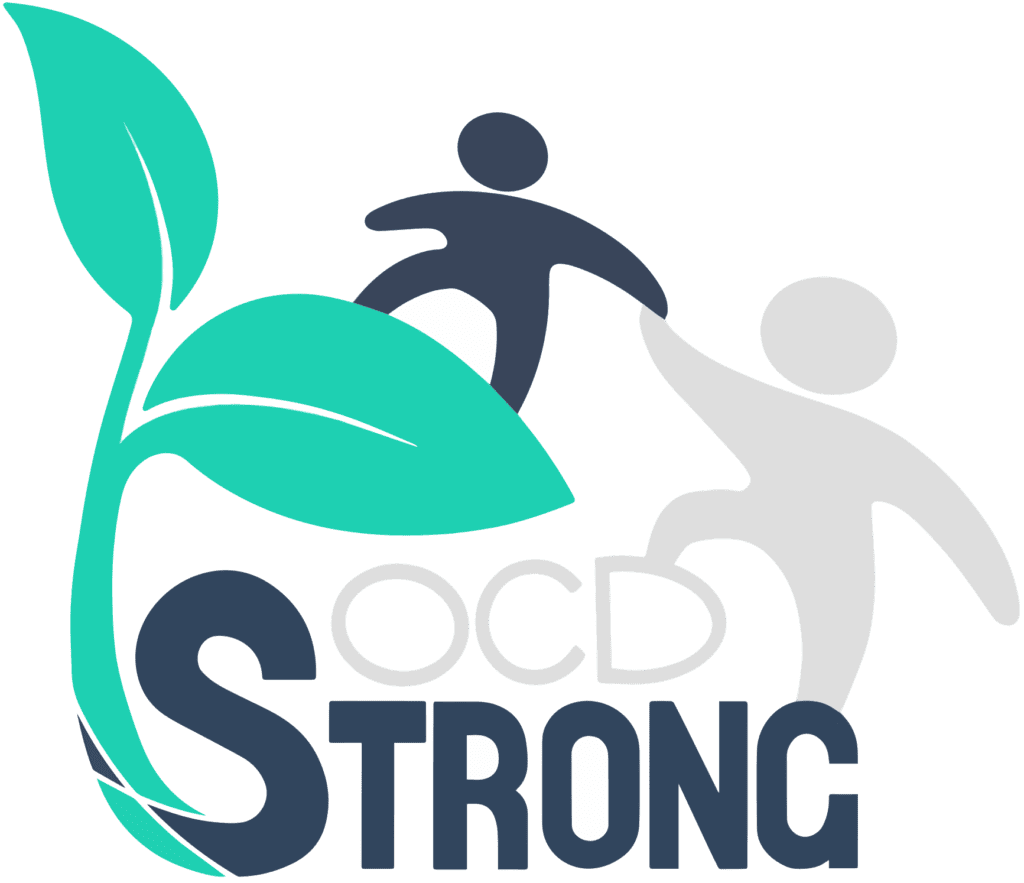Resources
Below is a list of resources you can utilize right now.
If you feel suicidal, please ask for help immediately! There is a hotline listed below and you can always call 911.
Suicide Hotline: 1-800-273-8255
International OCD FoundationNational Institute of Mental Illness
MentalHealth.gov
Centers for Disease Control and Prevention “People Seeking Help”
Hope for Depression Research Foundation
Mental Health Struggles Facebook group
Finding an appropriate therapist
There are a lot of counselors and therapists out there, but you must get the right person.
The most important thing you must do is find someone who specializes or has immense experience with your specific disorder. If you are diagnosed as bipolar, find someone who specializes in treating bipolar disorder. I went to a specific clinic for OCD. All they did was treat OCD and the related anxiety and depression that came with it.
How can you find appropriate therapy? There are a few steps you can take:
1. Ask your primary care physician or local specialists.
2. Look at www.psychologytoday.com for local therapists.
3. Google it. Example: If you struggle with OCD and live in California, google “OCD clinics in California”.
Who can help with mental health issues?
Many different people can help you with your mental health struggles. Here is a list of people and what they can do:
1. Primary care physician: Their main role will be referring you to a specialist and prescribing medication. My advice is to work with a mental health specialist before getting medication from your primary doctor. A good doctor will make sure to consult with a mental health doctor.
2. Psychiatrist: These are doctors specializing in psychiatric medication. They will often be the people that your primary care physician consults with when it comes to the appropriate medication.
3. Psychologist: These are people with doctorate degrees in psychology. Their main job is to conduct cognitive behavior therapy (CBT). While they cannot prescribe medication, they will often recommend medication to your primary physician.
4. Therapist: Like Psychologists, their main role will be conducting CBT. They have master’s degrees and will normally not talk about medication.
5. University or school-sponsored resources: Most schools will have free counseling services. Check with your school administration for available resources.
6. Faith-based leaders: If you are religious, check with your local place of worship to see who you can talk to.
7. Local support groups: Look online or in your local newspaper to see if there are any support groups in your area. There are often groups that meet that will help support people who have your specific disorder.
Book Recommendation
